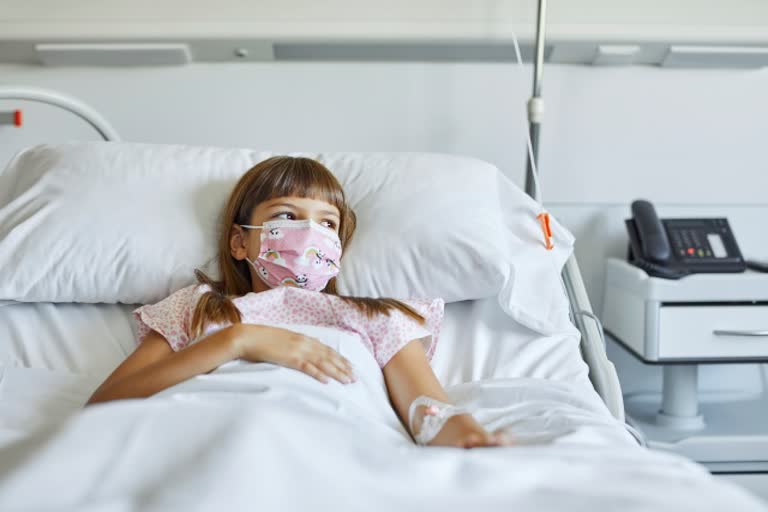There has been a lot of study regarding long COVID in adults, but a recent study found that the chances of long COVID infection in children are comparatively lesser. It has been seen that the symptoms in most of the children who contract COVID-19, end after 6 days itself. According to research published in The Lancet Child and Adolescent Health Journal, children are less likely to have symptoms of corona for a long time. The data for this study was prepared on the basis of data shared through the app by the parents and caregivers of children suffering from coronavirus infection.
According to this research conducted by researchers at King's College London, the number of children experiencing symptoms or side effects of coronavirus for the long term is relatively small. On the other hand, if we talk about comparative studies, the side effects of COVID-19 in adults are visible for a longer period.
In this study, 2.5 lakh British children of age 5 to 17 years were included, who were tested positive for COVID-19. In this research conducted from September 2020 to February 2021, it was found that after 1,734 children were infected during this period, they gradually started developing symptoms of the disease. Their health was continuously monitored till they fully recovered. During the research, it was observed that the symptoms of COVID-19 in these infected children began to lessen in just 6 days and they also recovered very quickly.
The research also revealed that most of the children recovered completely within 4 weeks i.e. one month, but some children did present signs of infection even after this period. However, the effects of these symptoms were much less as compared to those in adults. Another thing found in the study was that the children who recovered from the coronavirus in a shorter time did not show many side effects of the infection. But, children in whom the infection lasted for more than a month experienced tiredness and physical weakness as compared to others.
Also Read:Post-COVID Concern: Cases Of Hormonal Imbalance On Rise, Says Doctor
